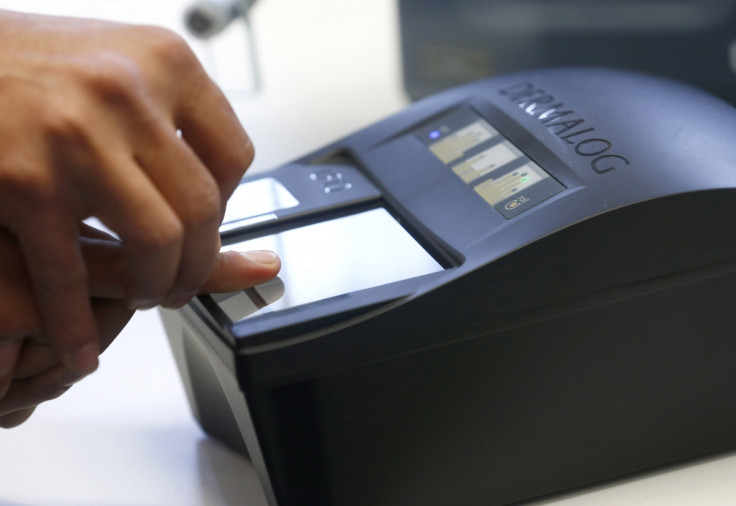UK police holds more than 7,800 DNA profiles and fingerprints of terror suspects

British police now hold the DNA profiles and fingerprints of more than 7,800 terror suspects on a database, biometrics commissioner Alastair MacGregor has said. The figure has risen from 6,500 individuals who had been identified in October 2013.
Approximately 56% – 4,350 – of those on the little-known counterterrorism database have never been convicted of an offence. According to an annual report by the commission, they were arrested during police investigations, but never charged. Authorities made a "national security" decision that their profiles should be kept for two years.
Under UK law, individuals suspected of a criminal offence by law enforcement agencies, who have not been charged, should have any personal information held about them deleted or destroyed within a six-month period.
Database errors
The report also revealed major errors. In once case, a huge number of biometric records that should have been kept for suspected terrorists were mistakenly deleted during efforts to remove the data of those never convicted of an offence. In addition, the biometric details of around 45 suspects will have to be deleted after paperwork was not filed in time.
"It is obviously a matter of concern that these delays and errors have arisen and that, in consequence, it seems likely that a significant number of biometric records have been, or will have to be, deleted even though there may well have good reasons for keeping them on national security grounds," MacGregor said.
His report says that he is aware of "problems caused by delays in the national security determination process", but that they have "only recently become apparent." MacGregor added: "I have been assured that further work is being done as a matter of urgency to prevent such problems occurring again and to mitigate their consequences."
MacGregor decided to go ahead and publish the information on the database despite being warned that it would run contrary to national security interests in 2014. MacGregor was "not wholly persuaded" by this and secured an agreement to disclose the figures.
© Copyright IBTimes 2025. All rights reserved.




















